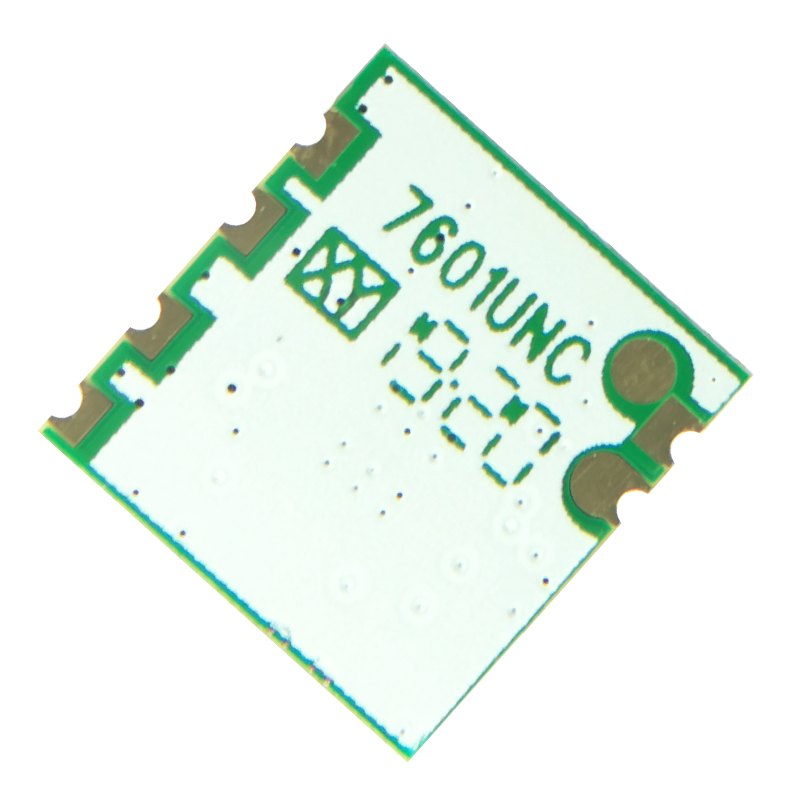In today's interconnected world, WiFi module chips have revolutionized the way we connect and communicate. These small yet powerful devices enable seamless wireless connectivity, transforming our homes, workplaces, and public spaces. From smartphones and tablets to smart home devices and industrial applications, WiFi module chips have opened up a world of infinite possibilities. Let's delve into the various aspects of these remarkable chips and explore the endless potentials they offer.
WiFi module chips provide a reliable and convenient means of connecting devices to the internet and other networks without the constraints of physical cables. With their ability to transmit data wirelessly, these chips have paved the way for an array of smart devices that have become an integral part of our lives. From wirelessly streaming media to controlling home automation systems remotely, WiFi module chips have made our lives more convenient and efficient.
Moreover, the portability of WiFi module chips has led to the proliferation of mobile devices. They have empowered us to stay connected while on-the-go, enabling seamless internet access in cafes, airports, and other public spaces. This connectivity has transformed the way we work, communicate, and access information, making WiFi module chips a vital component of modern-day connectivity.
WiFi module chips play a pivotal role in empowering the Internet of Things (IoT) and driving the fourth industrial revolution, Industry 4.0. These chips act as the backbone of IoT ecosystems by enabling devices to communicate and exchange data seamlessly. From smart thermostats and home security systems to industrial sensors and automation equipment, WiFi module chips form the foundation for a connected world.
With the increasing integration of WiFi module chips in various industries, businesses have witnessed enhanced efficiency, productivity, and cost-effectiveness. These chips enable real-time monitoring, remote control, and data analysis, allowing for predictive maintenance and optimized resource allocation. The adoption of WiFi module chips in industries has unlocked countless possibilities for automation, smart manufacturing, and intelligent infrastructures.

The potential of WiFi module chips is continuously expanding, paving the way for exciting future innovations. The ongoing advancements in chip technology are making them more powerful, energy-efficient, and secure. These chips are becoming smaller in size while offering higher data transfer rates and broader range coverage.
With the advent of WiFi 6, the latest generation of WiFi technology, WiFi module chips are set to deliver even higher speeds, increased capacity, and reduced latency. This will lay the foundation for immersive experiences, such as augmented reality and virtual reality, and facilitate the broader adoption of bandwidth-intensive applications like 4K video streaming and cloud-based gaming.
In conclusion, WiFi module chips have transformed the way we connect, communicate, and interact with the digital world. The convenience, versatility, and extensive functionalities they offer have made them indispensable in our daily lives and various industries. As technology continues to evolve, so will WiFi module chips, unlocking new opportunities and fueling further innovation.
 Trolink Joint With Tuya to Make Iot Benefit Every Family
Trolink Joint With Tuya to Make Iot Benefit Every Family
 5 Key Indicators for WiFi Module Selection You Have to Know !
5 Key Indicators for WiFi Module Selection You Have to Know !
 IOT module is the brain of smart products
IOT module is the brain of smart products
 What is the signal coverage range of the WiFi module chip?
What is the signal coverage range of the WiFi module chip?